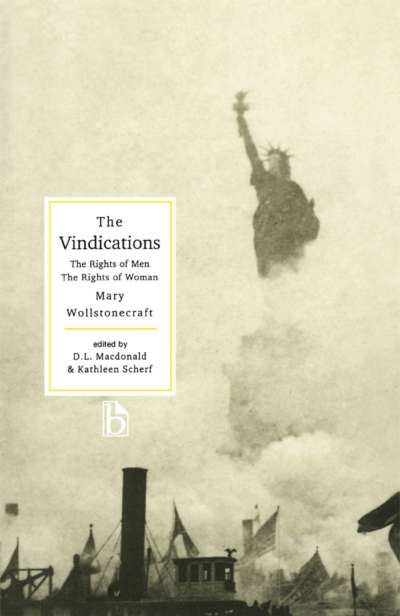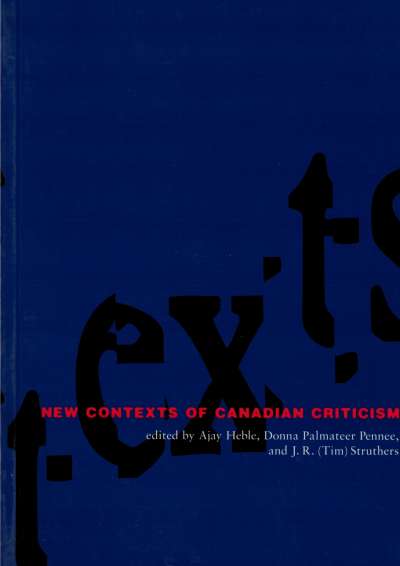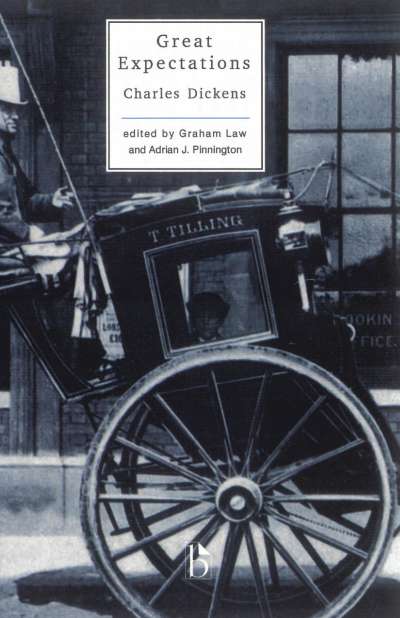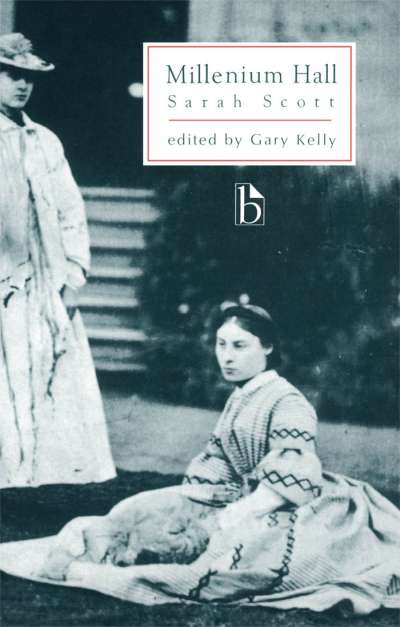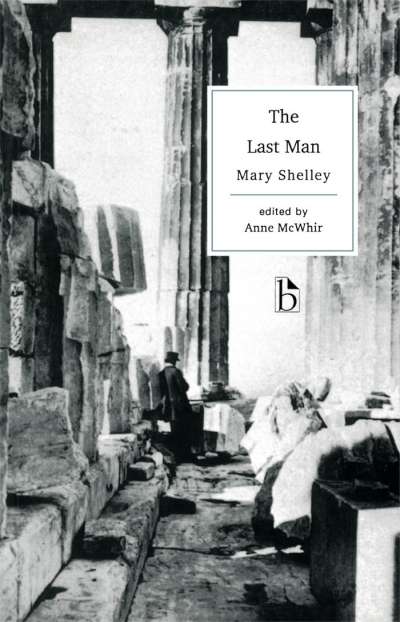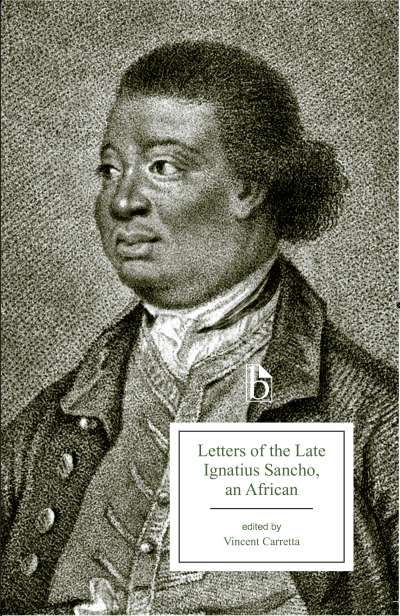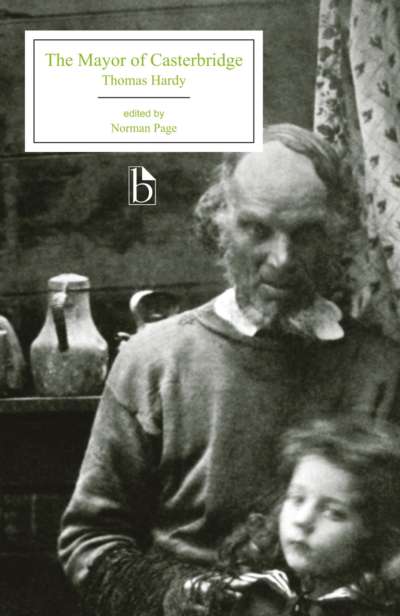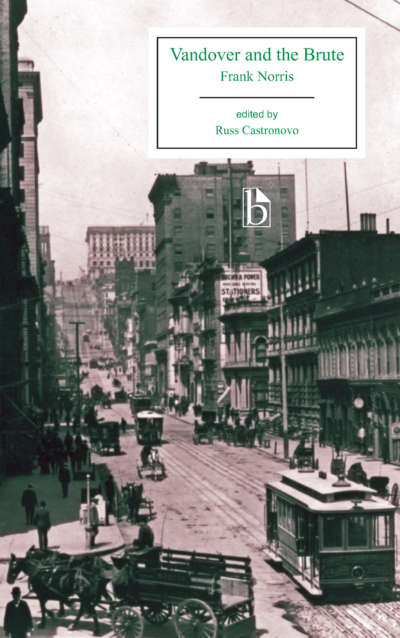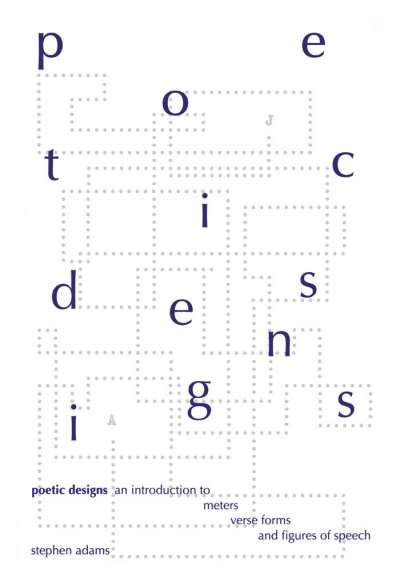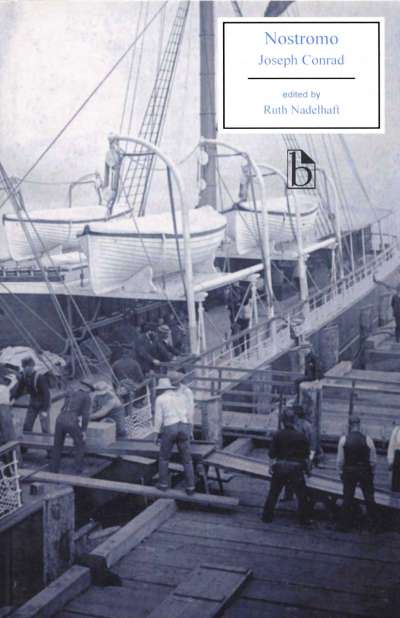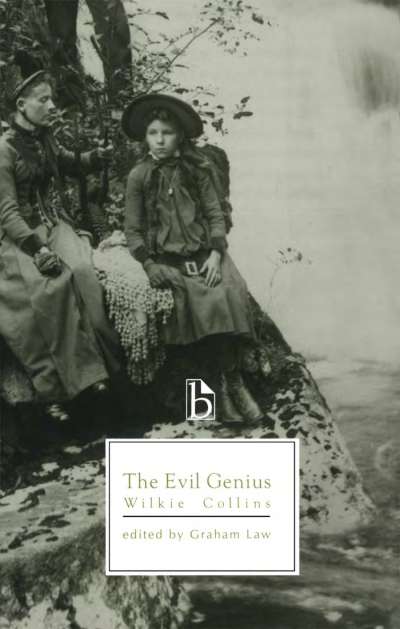“Three-Fingered Jack,” the protagonist of this 1800 novel, is based on the escaped slave and Jamaican folk hero Jack Mansong, who was believed to have gained his strength from the Afro-Caribbean religion of obeah, or “obi.” His story, told in an inventive mix of styles, is a rousing and sympathetic account of an individual’s attempt to combat slavery while defending family honour. Historically significant for its portrayal of a slave rebellion and of the practice of obeah, Obi is also a fast-paced and lively novel, blending religion, politics, and romance.
This Broadview edition includes a critical introduction and a selection of contemporary documents, including historical and literary treatments of obeah and accounts of an eighteenth-century slave rebellion.
Comments
“This truly innovative edition of a compelling novel about eighteenth-century slave rebellions in Jamaica provides a valuable and necessary context for the complicated politics of obeah. Aravamudan’s introduction attends to the ways in which obeah is an epistemological model competing with Enlightenment reason, and demonstrates with meticulous detail how it functions as a form of resistant cultural, political, religious, and medical knowledge. The appendices complement Aravamudan’s frame for the novel, making this edition one that will appeal equally to general readers and scholars of post-colonial studies.” — Rajani Sudan, Southern Methodist University


